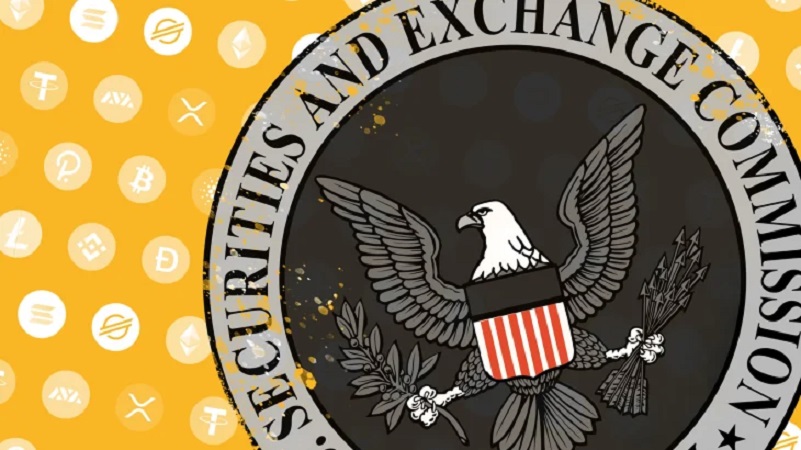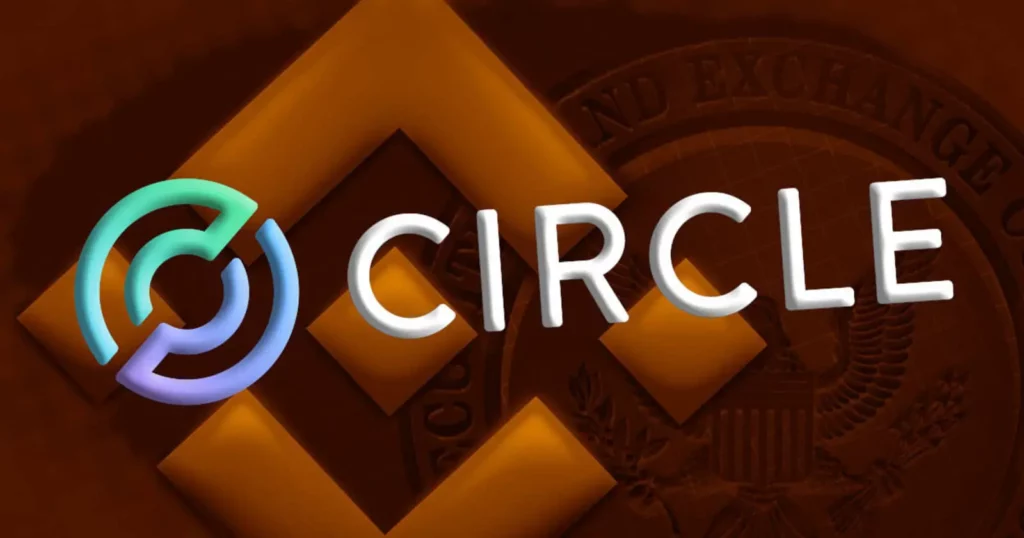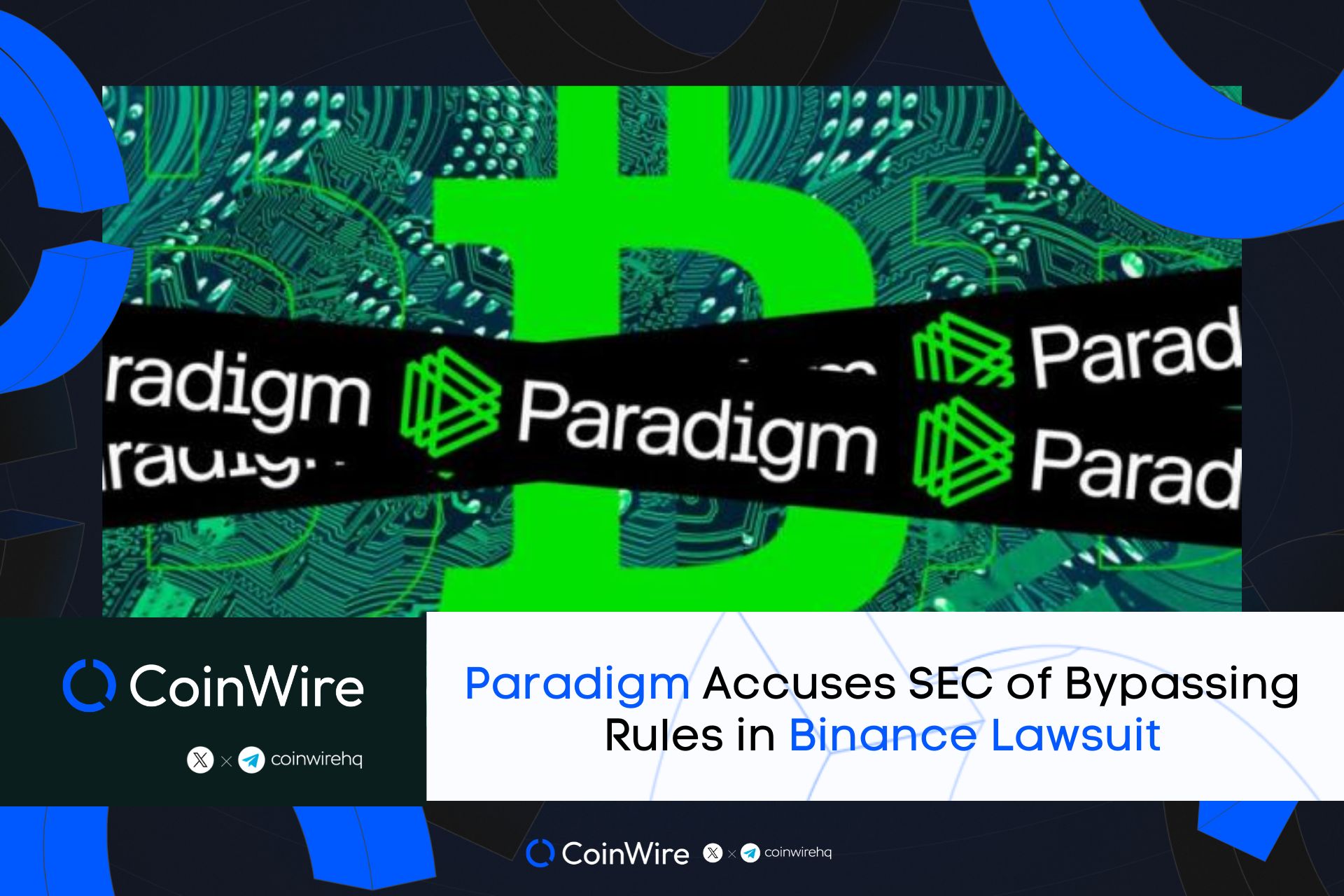In a recent statement, venture capital firm Paradigm has criticized the United States Securities and Exchange Commission (SEC) for bypassing standard rulemaking procedures in its legal action against cryptocurrency exchange Binance. The SEC’s allegations against Binance include operating without the necessary registration as an exchange, broker-dealer, or clearing agency.
Paradigm’s Opposition to the SEC’s Approach

Paradigm firmly believes that the SEC is exceeding its regulatory boundaries by attempting to alter the law without adhering to the established rulemaking process. The firm has voiced its strong opposition to this tactic, stating that the SEC is using the allegations in its complaint to fundamentally reshape our comprehension of securities law in several critical aspects.
Furthermore, Paradigm has highlighted concerns regarding the SEC’s application of the Howey test. This test, originating from a 1946 U.S. Supreme Court case, is used by the SEC to determine whether transactions meet the criteria for investment contracts and fall under securities regulations. Paradigm asserts that many assets actively marketed, purchased, and traded based on their profit prospects are exempted from being classified as securities by the SEC. The firm points out instances such as gold, silver, and fine art, emphasizing that the potential for value appreciation does not inherently classify their sale as a security transaction.
The SEC’s Lawsuit Against Binance
In June, the SEC initiated legal action against Binance, accusing the exchange of multiple violations of securities laws. The allegations include operating without the necessary registration, as well as failing to comply with anti-money laundering and supervisory controls. The lawsuit seeks to halt Binance’s alleged illegal activities and impose penalties.
Paradigm has expressed its concern that the SEC has been pursuing similar cases against various cryptocurrency exchanges recently. The firm believes that the SEC’s stance could have far-reaching implications for the industry and reshape our understanding of securities law.
Paradigm’s Critique of the SEC’s Rulemaking Process

Paradigm’s main contention with the SEC’s approach lies in its bypassing of the standard rulemaking process. The firm argues that the SEC is attempting to alter the law by using its complaint against Binance as a means to bypass the established procedures for making and modifying rules. Paradigm claims that this undermines the transparency and democratic nature of the rulemaking process.
The established rulemaking process involves public notice, comment periods, and the opportunity for stakeholders to provide input and feedback. By bypassing this process, the SEC is effectively sidestepping the checks and balances that are integral to the development and modification of rules.
The Potential Implications for the Industry
Paradigm’s concerns about the SEC’s actions extend beyond the immediate impact on Binance. The firm believes that if the SEC’s approach is successful, it could set a precedent that allows regulatory bodies to bypass established processes and unilaterally alter the law. This could have far-reaching implications for the cryptocurrency industry as a whole, potentially stifling innovation and hindering the growth of the market.
Furthermore, Paradigm highlights the importance of regulatory clarity in the cryptocurrency space. The lack of clear regulations and inconsistent application of existing rules has been a source of concern for many industry participants. Paradigm argues that the SEC’s actions in the Binance case only exacerbate this issue and create further uncertainty for market participants.
Circle’s Involvement in the Legal Dispute

Circle, the issuer of USD Coin (USDC), has recently become involved in the ongoing legal dispute between Binance and the SEC. Circle believes that stablecoins should not be categorized as securities by the SEC. The company argues that individuals acquiring stablecoins do not do so with the intention of deriving profits, and therefore these assets should not fall under securities regulations.
Circle’s participation in the legal dispute highlights the broader implications of the SEC’s approach to regulating the cryptocurrency industry. The outcome of this case could have significant implications for other stablecoin issuers and the broader crypto market.







